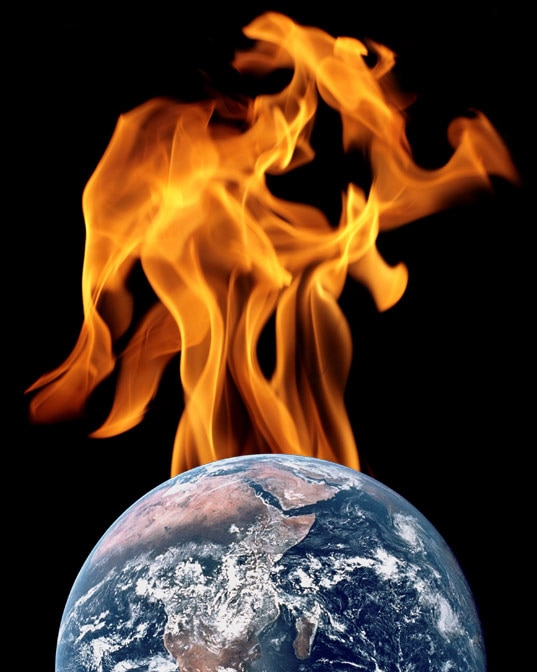Create a free profile to get unlimited access to exclusive videos, sweepstakes, and more!
New Study Shows Global Warming Is Rapidly Melting Ice at Both Poles

This is not good news. A new international studyâdone by 47 experts using data from multiple satellites and aircraftâshows that the Earth is losing ice at an ever-increasing rate from both poles. Weâve known for years that the Arctic has been suffering massive ice loss, with the record low broken more than once in recent years. Whatâs devastating about this new report is that it shows unequivocally and quantitatively that the Antarctic is also losing land ice, with the critical West Antarctica ice sheet losing on average 65 billion tons of ice every year.
Measuring ice is difficult to do and uncertainties are generally pretty big. By combining several different methods from several different sources, the scientists were able to get the best, most accurate measurements ever made. These new data show that the ice loss from both poles has increased by a factor of three since the 1990s. Just Greenlandâthe largest source of fresh water ice in the Northern Hemisphereâis losing ice at a rate five times what it did just in the 1990s: about 142 billion tons per year.
Together, since 1992, this ice melt has added over a centimeter (about a half inch) to sea level rise. That may not sound like much, but it doesnât take much rise in sea levels to start causing catastrophic changes in erosion, storms, and flooding. Worse, this accounts for only about one-fifth of the total amount of sea level rise. Much of the rise is due to the water in the oceans expanding due to warming and other sources.
Thereâs a double whammy for you: Global warming is increasing the amount of water in the oceans from melting ice, and also increasing the sea level rise by heating up the water itself.
The West Antarctica melt is troubling. Weâve known itâs losing ice, but measurements have been unclear as to how much ice, until now. The West Antarctica sheet is a huge amount of ice, and there are indications itâs breaking up. That would add a vast amount of water to the oceans. Mind you, sea level rise doesnât generally change when sea ice melts, because that ice starts out floating on the waterâice floating displaces its own weight in water, so when it melts, the volume it occupies is the same as it did before (though itâs not that simple, and floating ice can still contribute to increased sea levels). But land-based ice flows into the oceans, raising sea level.
This new study wipes out yet another false claim from climate change deniers, too. A common refrain from them is that Antarctic ice is increasing, not decreasing. Â However, this is not true for two reasons. The first is that they count sea ice in that measure. However, Antarctic sea ice tends to melt away completely every year in the spring and summer, and then it reforms in the winter. It therefore on average does not contribute to sea level rise or to the heat budget of the Earth. Second, this new study shows the claim is wrong anyway. We are losing ice from Antarctica every year, and itâs the critical land ice.
But this is nothing new when it comes to denier claims. Between cherry-picking data that supports their argument but ignores huge amounts of evidence refuting them, displaying misleading graphs, and out-and-out witch hunts and attacks, very little of what they claim is true.
The truth is the globe is warming. The climate is changing. Ice is melting, sea levels are rising, droughts and wildfires are on the rise, and much if not all of this is due to human activities increasing greenhouses gases in our atmosphere. It really is that simple, and itâs long, long since past time we acknowledge that. And thatâs just the first step, but given how loud the deniers are, itâs one we still have to take.


























